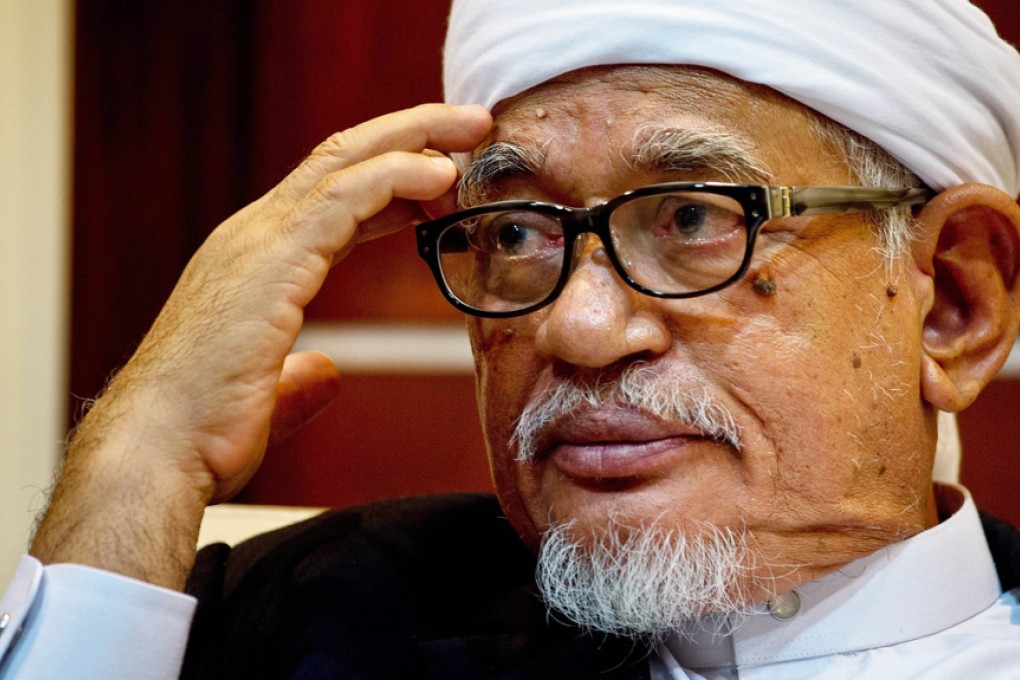'70,000 people are not going to have their hands cut off': Malaysian Islamic leader dismisses firestorm over sharia punishments

The Malaysian Islamic leader spearheading a campaign for severe sharia punishments chuckles as he dismisses the firestorm that has ensued, saying visions of thousands of lawbreakers with amputated limbs are way off the mark.
Hadi Awang's Pan-Malaysian Islamic party (PAS) has proposed a law in its northern stronghold of Kelantan permitting amputation of limbs for thieves and stoning for adulterers, but is unlikely to be implemented because of federal constraints.
Hadi, the PAS president, said that the hudud penalties were largely symbolic and the move was meant largely as a gesture to his party's Islamic base.
"Hudud itself, though it seems strict, is almost impossible to implement because the requirements are very strict to come to the eventual punishment," Hadi said. "It is not that 70,000 people are going to have their hands cut off."
The tiny neighbouring sultanate of Brunei began implementing hudud penalties last year, fanning fears in Malaysia of accelerated Islamisation.
But Hadi noted hudud's high proof threshold - multiple direct witnesses are required in adultery cases, for example - as making it unlikely severe action would be taken in the vast majority of cases.